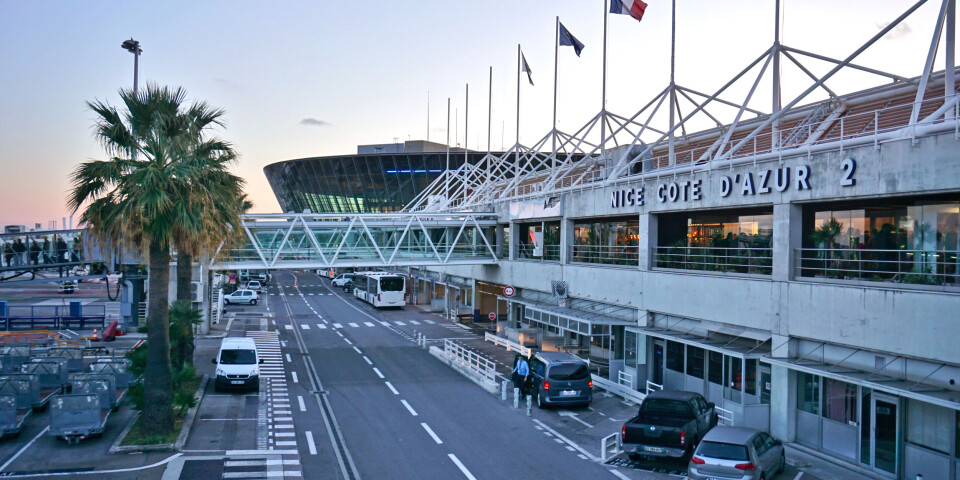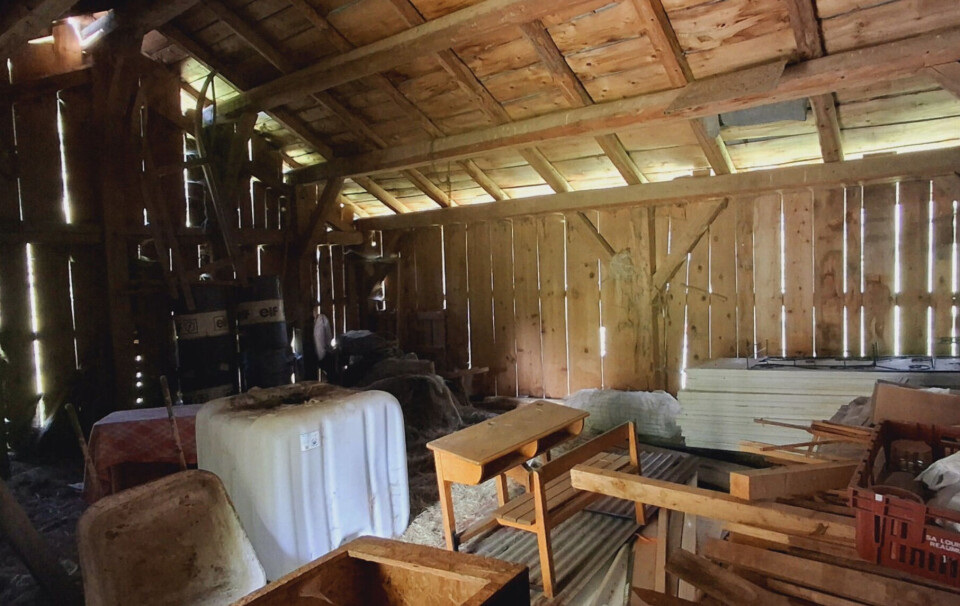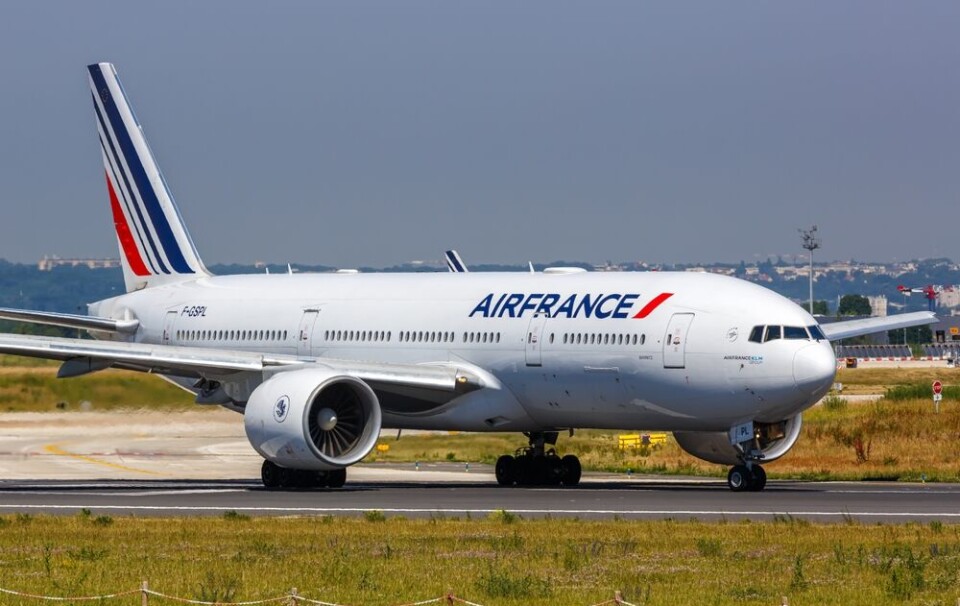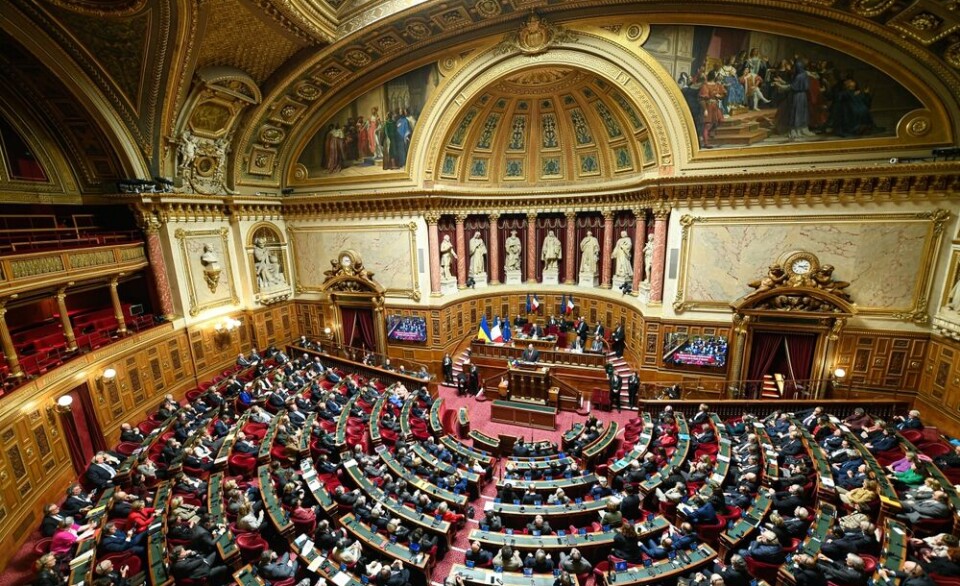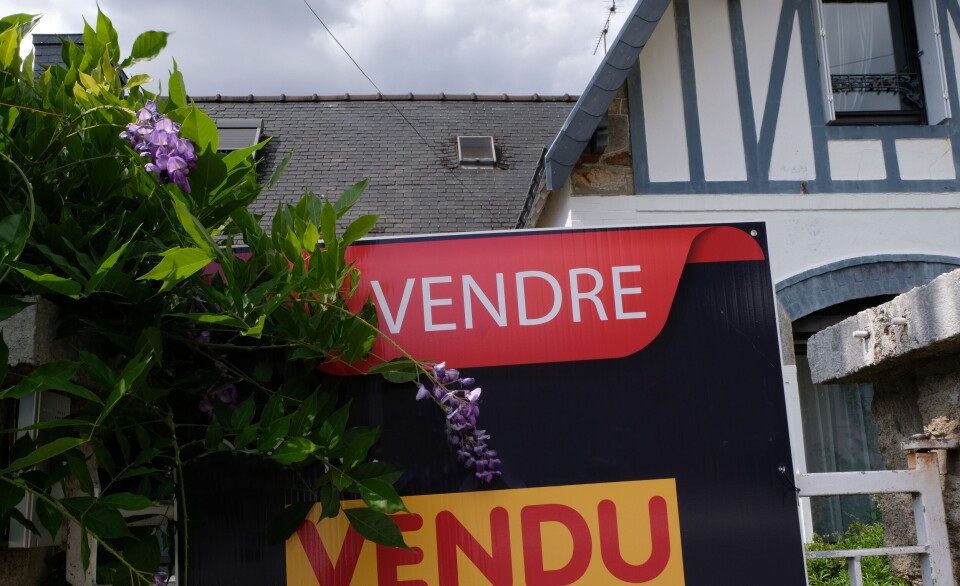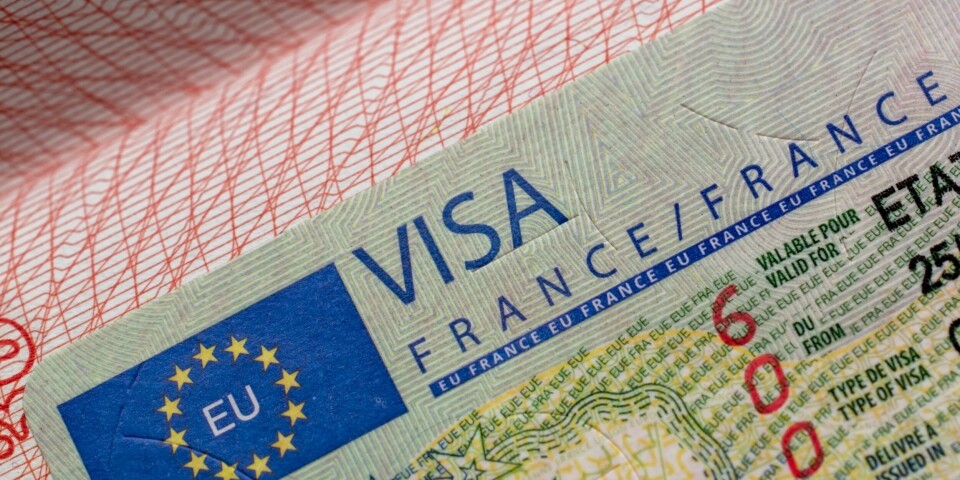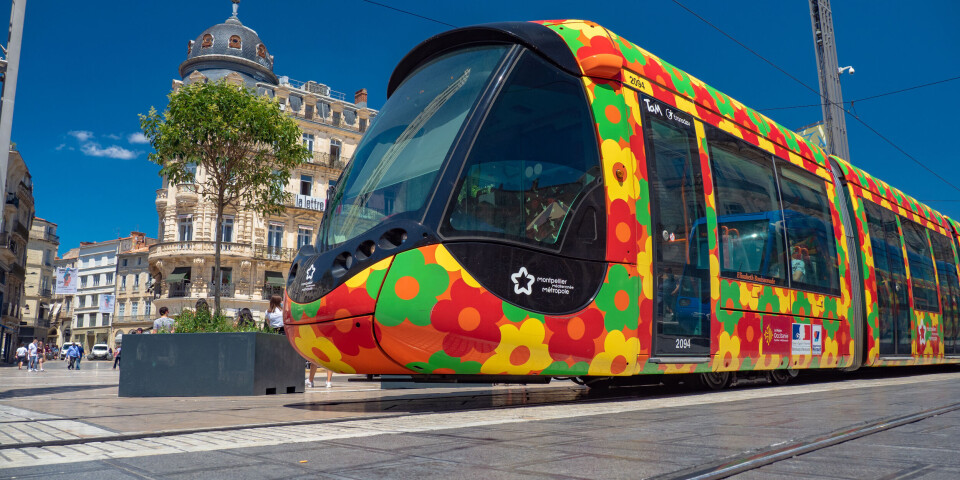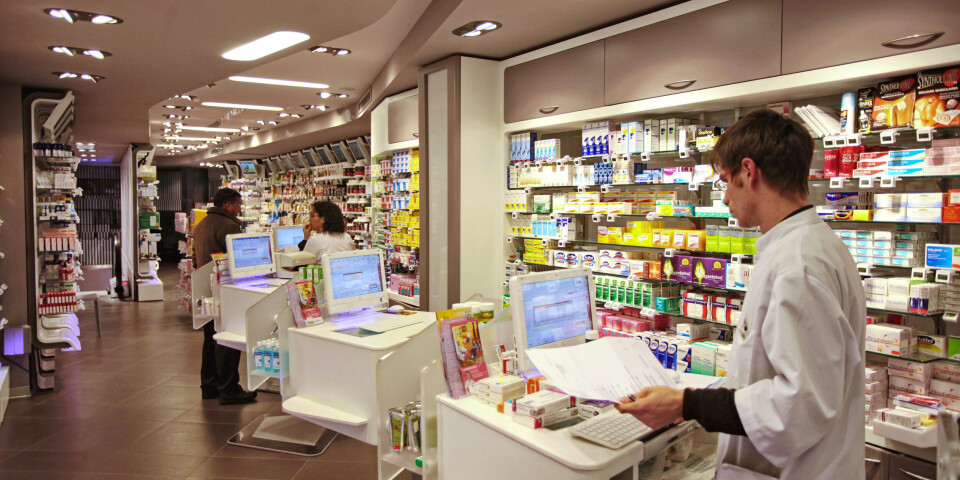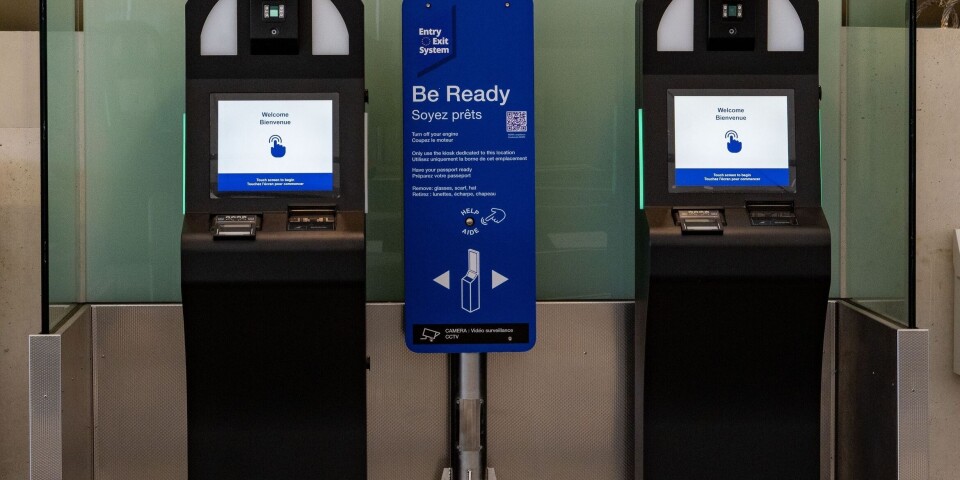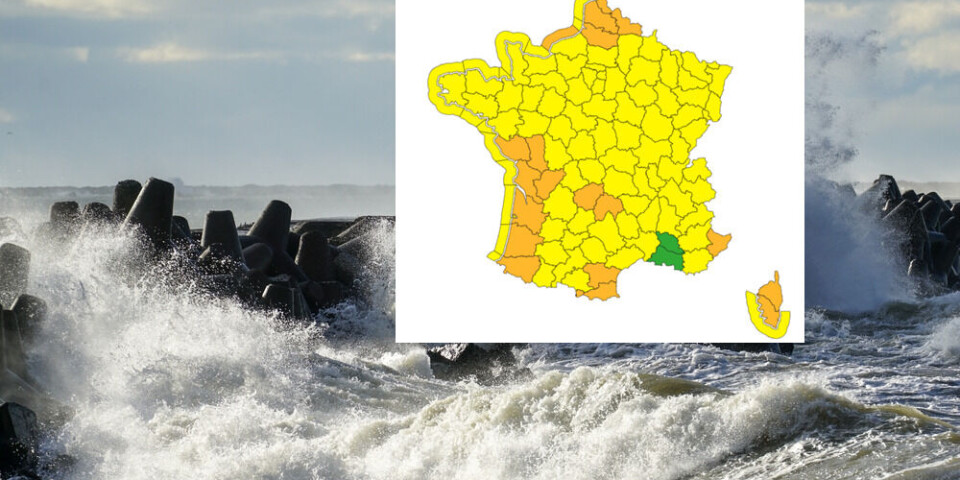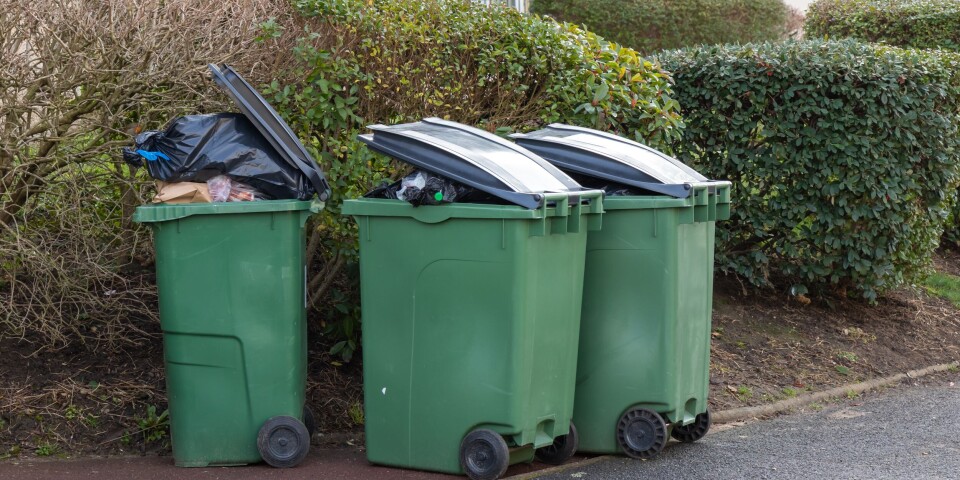-
Two arrested in relation to Paris Louvre jewels raid
One of suspects was detained at Roissy-Charles-de-Gaulle airport as he attempted to board a flight to Algeria
-
Plane near-collision at Nice: aircraft were just ‘three metres away’ from disaster
Pilot confusion over landing runway likely to be cause says preliminary report
-
New law proposal aims to ease renewal process for foreign residents in France
MP Fatiha Keloua-Hachi lodged proposed new law backed by a large number of fellow socialists
French government issues warning over new food price battle
Food producers and distributors are locked in talks over prices as new transparency law comes into force

France's Minister of Agriculture has accused major supermarket chains of not playing fair during price negotiations to determine what our yoghurts, frozen peas and other foodstuffs will cost over the next few months.
Discussions are due to conclude by March 1, in the light of a new law which aims to improve transparency between supermarkets, food manufacturers and farmers.
But Julien Denormandie says big businesses are reluctant to do the right thing.
"Some players do not respect either the letter, which is serious, or the spirit of the Egalim law, which provides for transparency on prices," he said and reminded firms that the law allows the State to impose controls if it sees fit.
"What the distributors don't like is the [fraud watchdog] DGCCRF (Direction générale de la concurrence, de la consommation et de la répression des fraudes). It's not a threat, it's respect for the law", he said.
“It takes time for investigations to be done. They are in progress but I will not hesitate to make them public when they have resulted in sanctions.”
The government has said it is determined that farmers will not be forgotten in the negotiations. Mr Denormandie last week visited a Lidl store to welcome a new contract for milk at a more profitable price for producers.
Dairy giants Lactalis and Savencia have already received letters of call to order, amid concerns in government that price increases of just over 1% observed over the past two years on dairy products will not continue in 2021. Poultry and egg farmers could face financial problems as their costs continue to mount.
But manufacturers point to almost systematic requests for price drops from distributors, which they consider “unjustified” at a time when the prices of cereals, vegetable proteins, sugar and even metal, for canned goods, are soaring.
The Institut de liaisons des entreprises de consommation (Ilec), an association that brings together around a hundred mass-consumption giants (Danone, Bonduelle, Lactalis, Savencia, Unilever), criticised supermarkets' demands for price drops of between 2% and 3% when - they say - they need price rises of 3%.
In the longer term, the Ministry wishes to introduce more transparency into the negotiations. It has argued that distributors would be more inclined to accept increases if manufacturers clearly indicated how much they paid farmers - which, apart from efforts by some dairy farmers - many refuse to do.
Serge Papin, former boss of Système U, a cooperative for all the Super-U stores and hypermarkets, was entrusted with the mission of making this ambition a reality. One of the measures he recommends, and that the ministry approves, is to set up a process for manufacturers and distributors to share this sensitive information.
“We want to create a dynamic," Mr Denormandie said. "If two or three big players commit to sharing this information, the others should follow without needing to legislate. But I will go through the law if necessary. I know parliamentarians [who are] ready to act. ”




